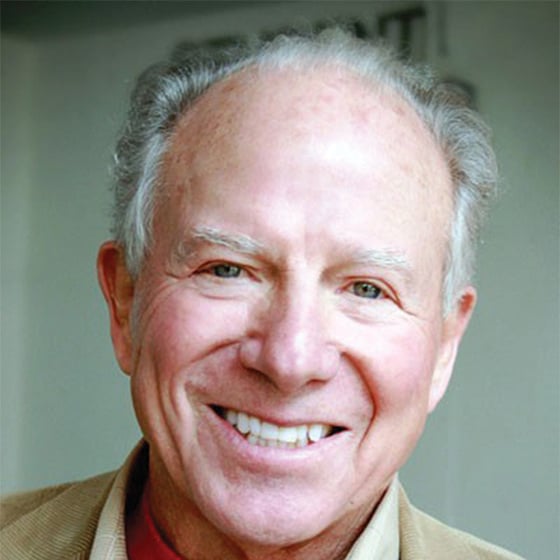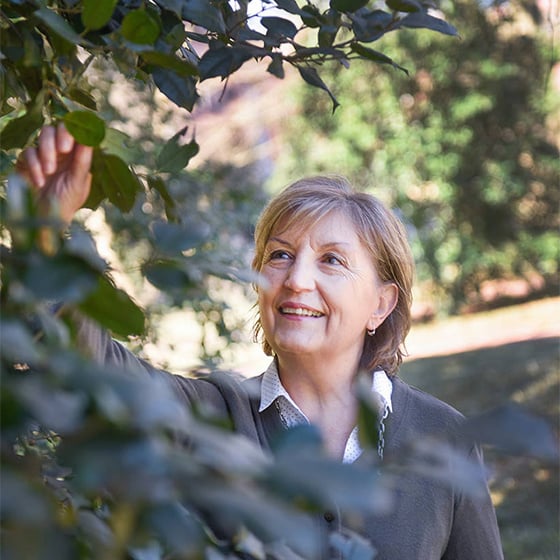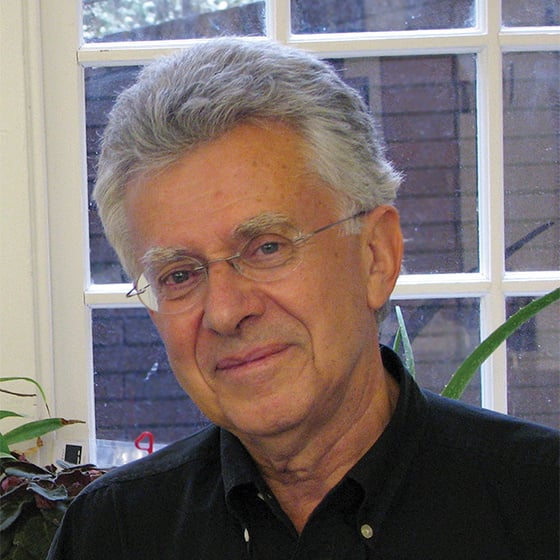Filter by Community Vitality Indicator

Nisha D. Botchwey, PhD, MCRP, MPH
University of Minnesota Dean; Hubert H. Humphry School of Public Affairs
Eadric Bressel, PhD
Utah State University Professor; Department of Kinesiology and Health Science
Stuart Brown, MD
Founder, National Institute for Play
Timothy A. Brusseau, Ph.D.
University of Utah Professor; Department of Health & Kinesiology
Kathleen G. Burriss, EdD
Middle Tennessee State University Professor Emeritus; Department of Elementary and Special Education
Paul Chantler, PhD
West Virginia University Professor; Department of Human Performance - Exercise Physiology
Keith Christensen, PhD
Utah State University Professor; Department of Landscape Architecture and Environmental Planning
Terry Conway, PhD
University of California San Diego Research Investigator; Department of Family Medicine and Public Health
Nilda Cosco, PhD
North Carolina State University Research Professor and Director of Programs; Department of Landscape Architecture and Environmental Planning and Nature Learning Institute
Brian Dauenhauer, Ph.D.
University of Northern Colorado Professor; Department of Kinesiology, Nutrition, and Dietetics
Heather Erwin, PhD
University of Kentucky Professor; Department of Kinesiology and Health Promotion
Myron Floyd, PhD
NC State University Dean of the College of Natural Resources
Aaron Hipp, PhD
North Carolina State University Professor; Department of Parks,Recreation, and Tourism Management
Melissa Hughes, PhD
President and Founder, The Andrick Group
Pamela Kulinna, PhD
Arizona State University Professor; Mary Lou Fulton Teachers College
Tin-Man Lau
Auburn University Professor; School of Industrial and Graphic Design
Gary Liguori, PhD, FACSM
Penn State Abingdon Chancellor and Professor; Department of Kinesiology
Marybeth Lima, PhD
Louisiana State University Chair; Department of Biology and Agricultural Engineering
Thom McKenzie, PhD
San Diego State University Emeritus Professor of Exercise and Nutritional Sciences
Muntazar Monsur, PhD
Texas Tech University Assistant Professor Department of Landscape Architecture,
Robin Moore, Dipl Arch, MCP, ASLA
North Carolina State University Professor Emeritus; College of Design
Elizabeth “Betsy” Nagle, PhD, FACSM
University of Pittsburgh Associate Professor; Department of Health and Human Development
Jacquelyn Ann Nagle, PhD
John Carroll University Associate Professor; Department of Exercise Science and Sports Leadership
M. Renée Umstattd Meyer, PhD, MCHES, FAAHB
Baylor University Professor; Robbins College of Health and Human Sciences
Gil Peñalosa, PhD
Founder & Chair, 8 80 Cities; Chair, World Urban Parks
Keshia Pollack Porter, PhD, MPH
Johns Hopkins University Bloomberg Centennial Chair and Professor; Department of Health Policy and Management
Allison Poulos, PhD
Arizona State University Assistant Professor; College of Health Solutions
Randall S. Rosenberger, PhD
Oregon State University Professor; Department of Forest Ecosystems & Society
Jim Sallis, Ph.D.
Distinguished Professor Emeritus of Family and Preventive Medicine at the University of California San Diego and Professorial Fellow at Australian Catholic University, Melbourne
Michael Suk, MD, JD, MPH, FACS
Chairman of Orthopaedic Surgery, Geisinger Health System Danville, PA
John Sutterby, PhD
University of Texas San Antonio Associate Professor; Interdisciplinary Learning and Teaching
Hirofumi Tanaka, PhD
University of Texas at Austin Professor; Department of Kinesiology and Health Education
Hannah R. Thompson, PhD, MPH
University of California - Berkeley Assistant Research Professor; Community Health Sciences Division
Collin A. Webster, PhD
Texas A&M - Corpus Christi Associate Professor; Department of Kinesiology
Joy Kuebler, PLA, FASLA
Founder; PLAYCE Studio
.jpg?width=4000&height=2250&name=Our%20Scholar%20Network%20-%20Grid%20-%20Digital%20Version%20(1).jpg)